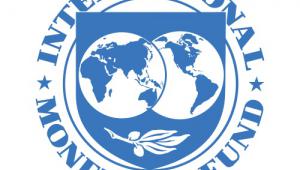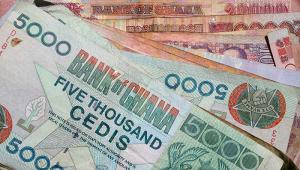The funds are classed as immediate financial assistance under the IMF’s Rapid Credit Facility, and come in conjunction with policy setting and implementation guidance and capacity building from IMF staff.
Mitsuhiro Furusawa, deputy managing director and acting chair of the board, said: “[Madagascar’s] government aims to raise growth and reduce poverty on a sustained basis. This will require higher public investment in physical, human and institutional capital.”
The government will employ strategies to fight corruption and improve governance and to improve tax administration, with measures focusing on increasing compliance, deterring fraud, eliminating some exemptions and tackling the large informal sector.
Authorities will also enhance the quality of expenditures by eliminating inefficient fuel subsidies and reducing the need for transfers to loss-making state-owned enterprises, such as its energy and airline companies.
The “ultimate policy objective” is to scale up spending on essential infrastructure and social development to secure both strong and inclusive growth, reversing a deterioration in development progress.
Along with the measures above, it is hoped that the disbursement by the IMF and further financial sector reforms will catalyse donor support and currently low private sector investment levels and help Madagascar on its way to sustainable and inclusive growth.







